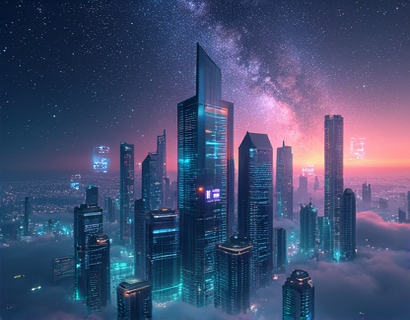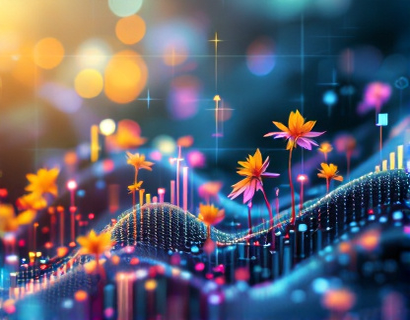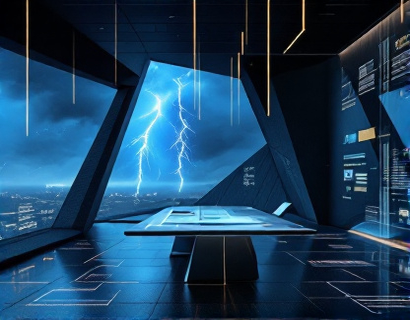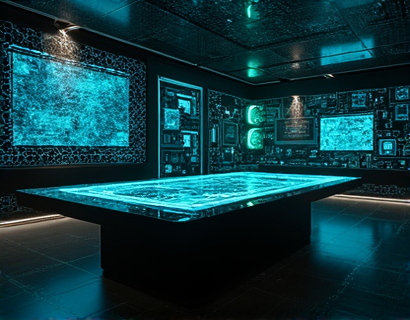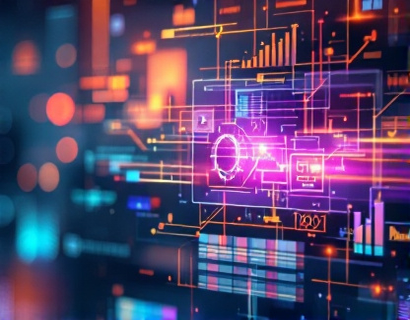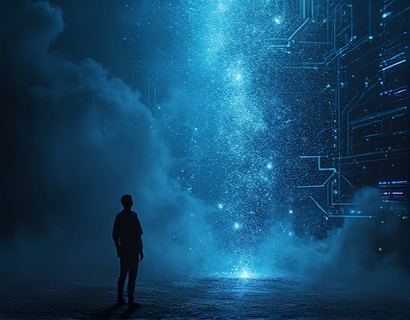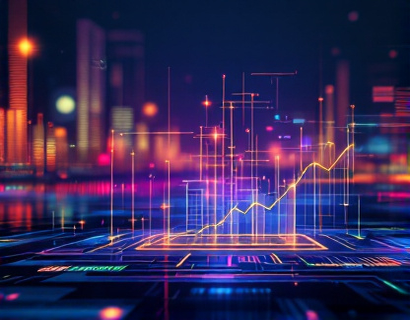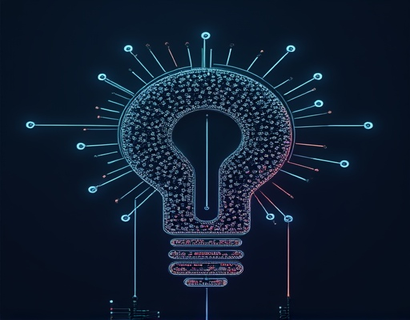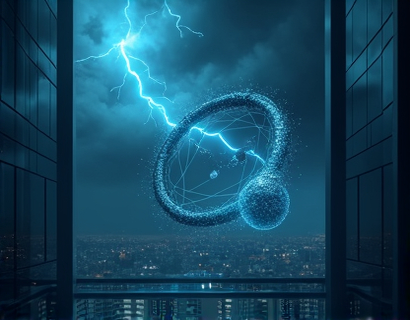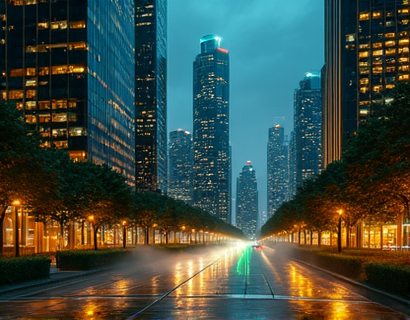Unlocking Musical Potential: Harnessing AI for Advanced Composition and Production
The landscape of music creation is undergoing a transformative shift, driven by the integration of artificial intelligence (AI) into composition and production tools. This evolution is not just about automating repetitive tasks but about unlocking new dimensions of creativity and sound quality. AI-powered software is revolutionizing the way musicians and creators approach their craft, offering sophisticated solutions that enhance artistic expression and streamline the music-making process.
For both seasoned professionals and emerging talents, these advanced tools provide an unprecedented opportunity to explore and realize their musical visions. The integration of AI in music creation is not merely a trend but a fundamental change that is reshaping the industry. This article delves into the ways AI is enhancing composition and production, providing insights into the tools and technologies that are redefining the creative process.
AI in Music Composition
AI in music composition is a field that combines algorithms, machine learning, and deep learning to generate musical ideas and structures. These systems analyze vast datasets of musical compositions to identify patterns, styles, and trends. By understanding the intricacies of different genres and compositional techniques, AI can assist in creating new pieces that resonate with listeners.
One of the key benefits of AI in composition is its ability to provide inspiration. When a musician inputs a starting melody or chord progression, the AI can generate variations, harmonies, and even entire sections of music. This collaborative process allows artists to explore new directions they might not have considered on their own. The AI acts as a creative partner, expanding the possibilities and pushing the boundaries of traditional composition.
Moreover, AI can help overcome creative blocks. When faced with a challenging composition, artists can use AI tools to generate new ideas or complete unfinished works. This not only saves time but also reignites the creative spark, enabling musicians to focus on refining and developing their unique artistic voice.
Enhancing Sound Quality with AI
Sound quality is a critical aspect of music production, and AI is making significant strides in this area as well. Advanced algorithms can analyze and optimize audio recordings, removing noise, correcting pitch, and enhancing overall clarity. These tools are particularly valuable for independent artists who may not have access to expensive studio equipment.
AI-driven audio processing can also simulate the acoustics of famous recording studios, allowing producers to achieve professional-grade sound without the cost and logistics of physical locations. This democratization of high-quality sound production is empowering a new generation of creators to produce music that competes on a global stage.
Furthermore, AI can assist in mastering music, the final stage of production where the overall mix is balanced and polished. Mastering AI tools can analyze the track and apply the optimal settings for loudness, stereo width, and frequency balance, ensuring the final product sounds its best across various playback systems.
Streamlining the Production Process
The production process in music creation involves numerous steps, from recording and editing to mixing and mastering. AI tools are designed to simplify and expedite each of these stages, making the overall process more efficient and accessible.
In recording, AI can automate the tracking process by suggesting optimal microphone placements and settings based on the type of instrument or vocal being recorded. This not only saves time but also ensures better initial recordings, reducing the need for extensive post-production work.
During editing, AI can assist in aligning tracks, removing mistakes, and even suggesting improvements based on best practices and industry standards. This level of assistance is particularly beneficial for beginners who are still learning the intricacies of music production.
Mixing is another area where AI shines. Advanced algorithms can analyze the balance of different elements in a mix, providing real-time feedback and adjustments to achieve a more professional sound. AI can also suggest EQ, compression, and reverb settings, helping producers achieve the desired sonic characteristics more quickly and effectively.
Intuitive User Interfaces and Accessibility
One of the most significant advantages of AI in music creation is the development of intuitive user interfaces. These tools are designed to be user-friendly, making advanced technology accessible to musicians of all skill levels. Whether you are a seasoned producer or just starting out, AI-powered software can adapt to your needs and provide the support you require.
Drag-and-drop functionality, visual interfaces, and step-by-step guides make it easy to navigate complex processes. This accessibility is crucial in breaking down barriers to entry, allowing more people to explore their musical potential without being intimidated by technical complexities.
Additionally, AI can learn from the user's preferences and habits, personalizing the experience to better suit individual working styles. This level of customization ensures that the tools are not only powerful but also tailored to the unique needs of each artist.
Collaboration and Community
The integration of AI in music creation is not just about individual tools but also about fostering a collaborative environment. Online platforms and communities are emerging, where musicians can share AI-generated content, collaborate on projects, and learn from one another. This collective approach accelerates the creative process and encourages innovation.
AI can also facilitate remote collaboration, allowing artists from different parts of the world to work together seamlessly. This global connectivity breaks down geographical barriers, enabling a more diverse and rich exchange of musical ideas and styles.
Challenges and Considerations
While the benefits of AI in music creation are undeniable, there are also challenges and considerations to keep in mind. One of the primary concerns is the potential loss of human touch and emotional depth in music. AI, no matter how advanced, lacks the personal experiences and emotions that a human artist brings to a piece.
To maintain authenticity, it is essential for musicians to use AI as a tool rather than a replacement for their creativity. The best results come from a harmonious blend of human intuition and AI assistance. By leveraging AI to enhance their processes without compromising their artistic integrity, musicians can achieve the best of both worlds.
Another consideration is the ethical use of AI in music. Issues such as copyright, ownership, and the potential for AI-generated content to flood the market need to be addressed. The music industry must adapt to these changes, establishing clear guidelines and frameworks to ensure fair practices and protect the rights of creators.
The Future of Music Creation
As AI technology continues to evolve, the future of music creation looks increasingly promising. The integration of AI into composition and production tools is not a replacement for human creativity but a powerful ally that enhances and expands the possibilities. Musicians and creators who embrace these advancements will be well-positioned to thrive in the digital age.
The next generation of music will likely see a fusion of traditional techniques and AI-driven innovation, resulting in new genres, styles, and forms of expression. The potential for artistic growth and experimentation is vast, and those who harness AI effectively will be at the forefront of this exciting evolution.
In conclusion, AI is not just a tool but a transformative force in the world of music creation. By streamlining processes, enhancing sound quality, and fostering collaboration, AI is unlocking new potentials for artists of all levels. As we move forward, the key will be to embrace these technologies while maintaining the essence of what makes music truly special.



